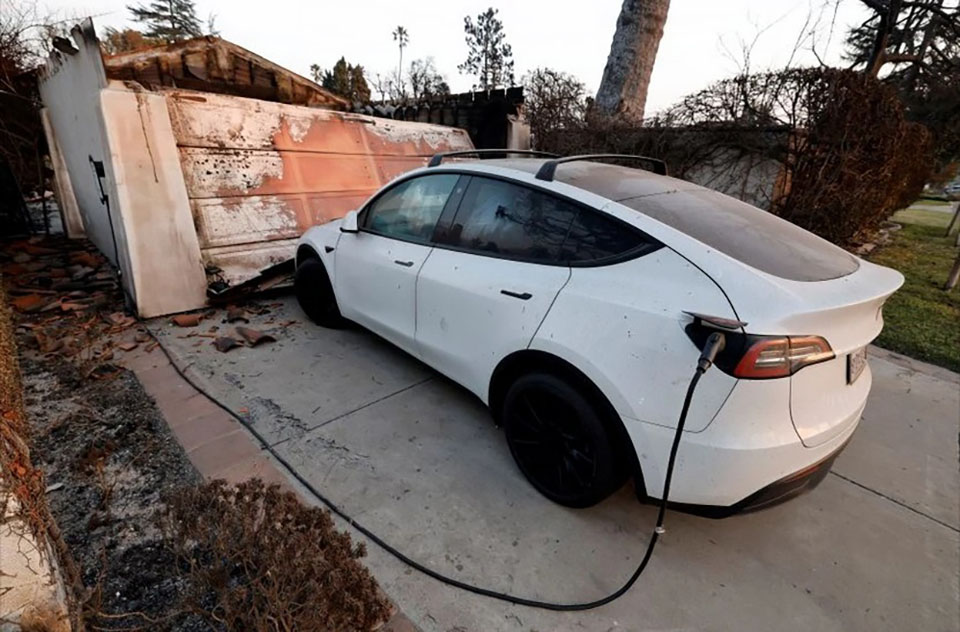
U.S. President Donald Trump signed an executive order reversing a 2021 directive by former President Joe Biden that aimed for 50% of new vehicles sold in the U.S. by 2030 to be electric vehicles (EVs) on Monday, January 20.
Biden’s non-binding target, which had support from domestic and international automakers, is now being dismantled under Trump’s administration. The new executive order halts $5 billion in unspent federal funding for building EV charging infrastructure and proposes to eliminate benefits for states aiming for zero-emission vehicle regulations by 2035. Trump’s administration is also considering terminating the federal EV tax credit program.
Trump has directed the Environmental Protection Agency (EPA) to reassess strict emission regulations that require automakers to sell 30%-56% EVs by 2032 to comply with federal standards. Similarly, the U.S. Department of Transportation’s parallel regulations are also under review.
The executive order specifically targets California, where the EPA granted a waiver in December allowing the state to ban sales of gas-powered vehicles by 2035. Eleven other states have adopted similar rules. Trump argues that such waivers unfairly limit sales of gasoline-powered vehicles and has called for their repeal.
The administration’s position is that subsidies and regulations supporting EVs distort the market and force consumers into implicit purchases. Trump claims the rollback will enhance consumer choice and economic growth, though environmentalists and EV advocates see it as a significant setback in reducing greenhouse gas emissions.
This policy shift creates uncertainty for the auto industry, particularly for manufacturers heavily invested in EV technology. Companies focused on internal combustion engines may benefit from the relaxed regulations, while those prioritizing EVs could face challenges in adjusting their strategies.
Trump has previously signaled plans to repeal the $7,500 federal EV tax credit for consumers, a measure introduced as part of comprehensive tax reforms. During his campaign, he also vowed to bolster U.S. oil production, reversing Biden’s clean energy initiatives, including subsidies for wind, solar, and hydrogen energy.
This dramatic policy pivot could reshape the automotive landscape in the U.S., challenging efforts to transition toward cleaner energy and increasing reliance on fossil fuels.










